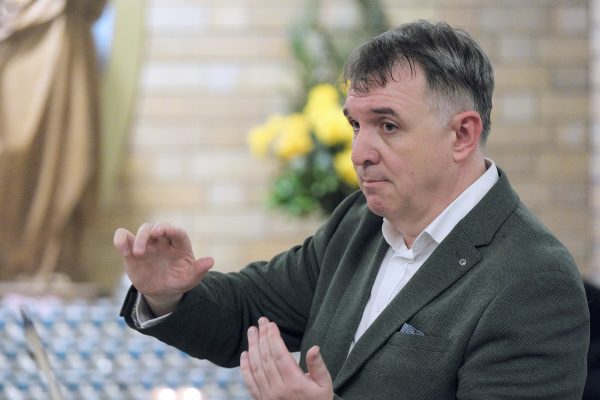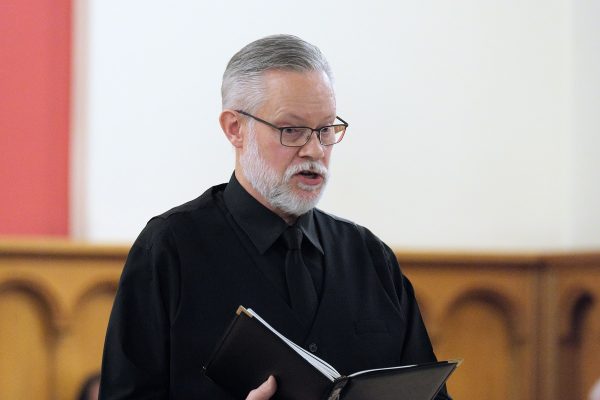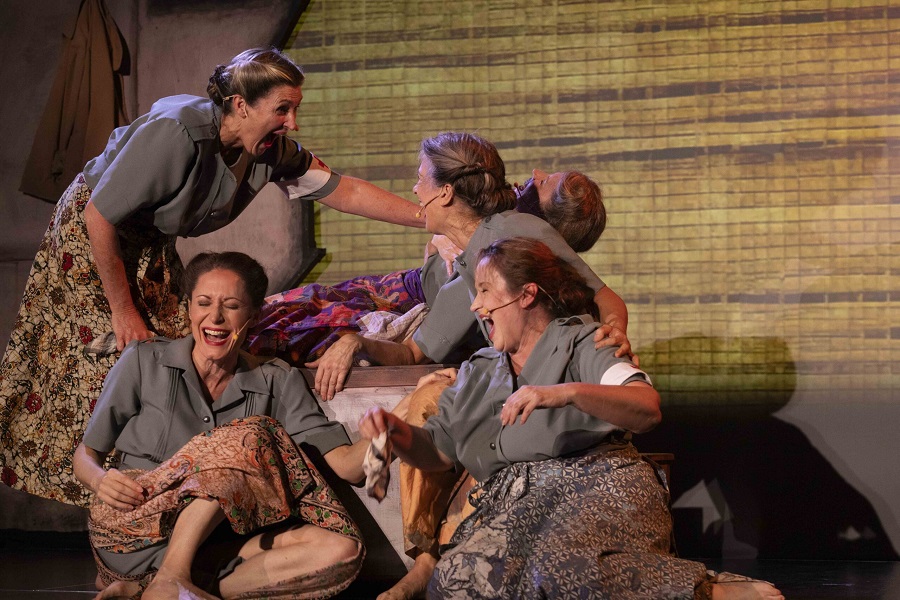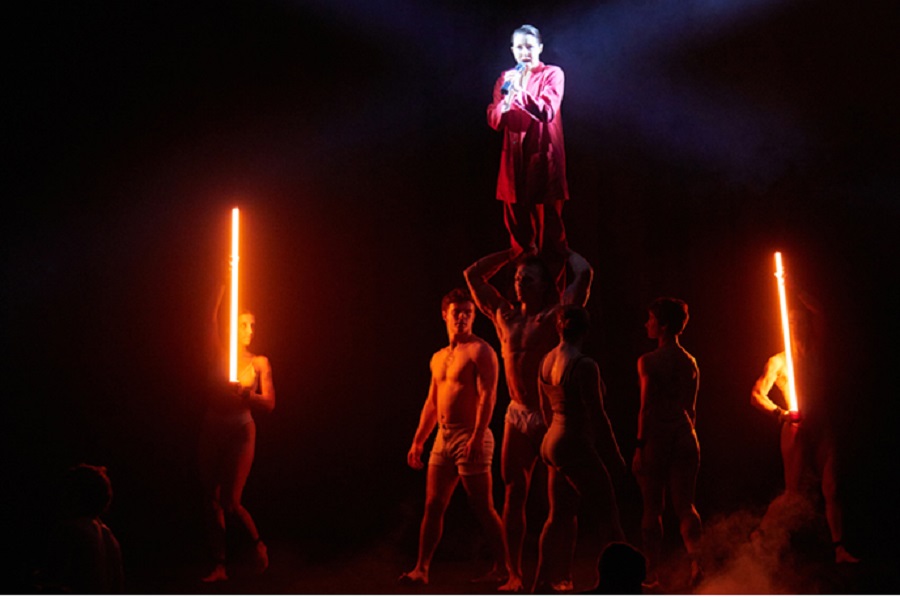
Canberra Bach Ensemble, Three Choral Cantatas. St Christopher’s Cathedral, Manuka, May 12. Reviewed by HELEN MUSA.
The Canberra Bach Ensemble was assigned three cantatas from Bach’s Chorale Cantata Cycle of 1724-1725 by the Leipzig Bach Festival, to which they will travel in June.
This proved grist to the mill for the ensemble and its artistic director, Andrew Koll, who took Cantatas BWV 9, 107, 178, written to be performed on the 6th, 7th and 8th Sundays after Trinity, and presented them as a compelling pre-Leipzig recital.
Some reading this review may wonder at the confronting theological content, but the thrilling music, the variation in mood and the joy with which it was sung cannot be denied.

From the first cantata, Es ist das Heil uns kommen her (Salvation has come to us), I was struck by the depth of the issues raised. The St Thomas Church in Leipzig, Germany, where Bach was music director from 1723 until his death in 1750, was obviously a good deal more sophisticated than most churches I have attended.
For the question of whether one can gain salvation through good works or only through faith and trust in Jesus was at the very foundation of the Reformation. Bach’s latter view comes through loud and clear.
The message was delineated in the magnificent opening chorus – “Faith looks to Jesus Christ, who has made atonement for all of us”, presented by the entire ensemble in a firm, confident manner.
There followed the first of several recitatives performed by bass singer Andrew Fysh, acting as a kind of interpreter and guide. It would prove to be Fysh’s afternoon as he returned again and again in this role.

His perfect articulation, sensitive phrasing and feeling for drama allowed him to punch out the disturbing message that human nature is essentially depraved.
A consoling violin solo by Stephen Freeman led into tenor Richard Butler’s aria, “We had indeed sunk too deep” bringing an emotional side to the plight of humanity.
Fysh returned to affirm that the laws of Moses must be fulfilled, before soprano Greta Claringbould and mezzo-soprano Maartje Sevenster, supported by the flute of Jennifer Brian, furthered the theme that only faith justifies salvation.
Fysh continued the narrative before this cautionary cantata concluded with the full chorus advising the listener not to be afraid.
It would be hard to imagine a bigger contrast between the opening cantata and the second —Was willst du dich betrüben (Why do you wish to trouble yourself?), which conveyed the message that all would be well.
Commencing with a beautiful flute opening by Dante Costa and Brian, both the opening chorus and Fysh’s bass recitative reiterated that message.
Fysh’s vigorous bass aria saw a change of pace with the robust assertion to the listeners that “you can dare all”.
Another change saw Butler return to evoke the deviousness of Satan with sharp, carefully calculated phrasing, before Claringbould’s aria, “He arranges for your Honour”, full of beautifully sustained notes and lyrical phrasing, asserted that “whatever God wills, happens”.
Butler returned to confirm “God will do what he will”, until in the joyous doxology, the chorus sang praise to the grace of the Holy Trinity.
After interval, it was time for some plain speaking on Bach’s part.
In Wo Gott der Herr nicht bei uns hält, (Unless God the Lord holds fast by us) he adopts the unusual technique of interspersing the 16th century words by a follower of Luther with more contemporary comments, sung by the soloists.
Aaron Reichelt and Jane Downer on oboe created an urgent sound, punctuated by Joshua Cass on bassoon and Simon Wolnizer on slide-trumpet, before the two male vocalists warned of Satan’s “serpent-like cunning and false machinations” and a chorus of tenors sang of pious hypocrites.
Alternating with the alto, tenor and bass, the full chorus assured us that God himself would crush the heretics.
The cantata drew to a close with Bach’s swipe at religious sceptics in Butler’s last aria, before the chorus pleaded, “let your light grow bright for us.”
Who can be trusted?
In a world of spin and confusion, there’s never been a more important time to support independent journalism in Canberra.
If you trust our work online and want to enforce the power of independent voices, I invite you to make a small contribution.
Every dollar of support is invested back into our journalism to help keep citynews.com.au strong and free.
Thank you,
Ian Meikle, editor








Leave a Reply